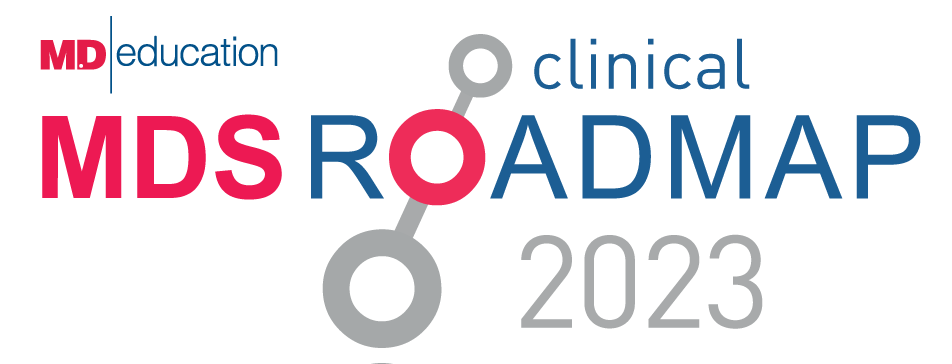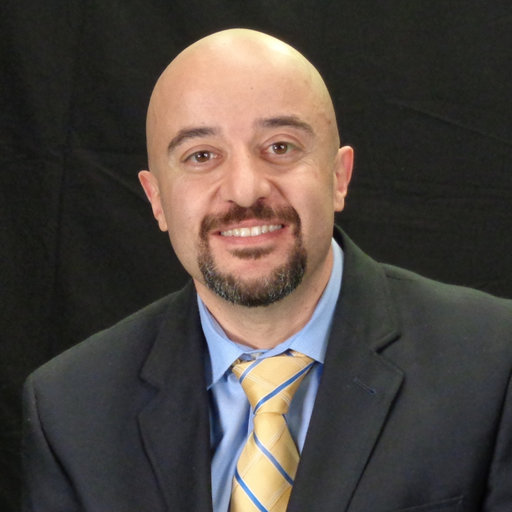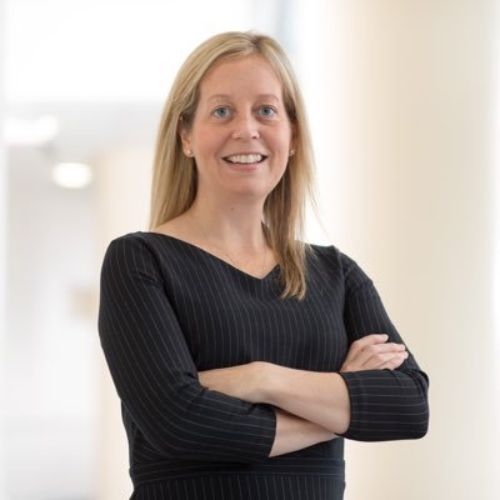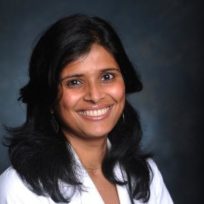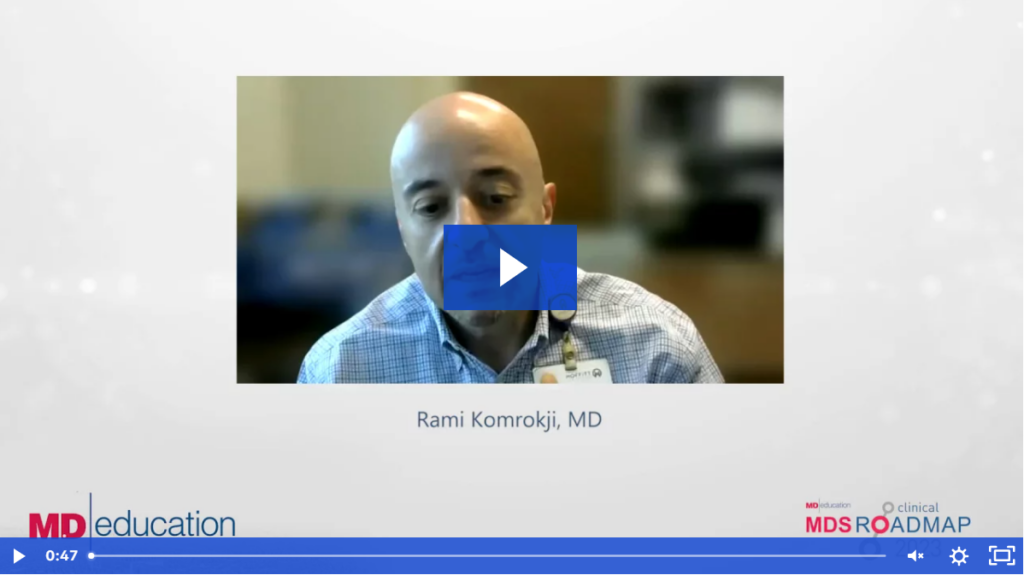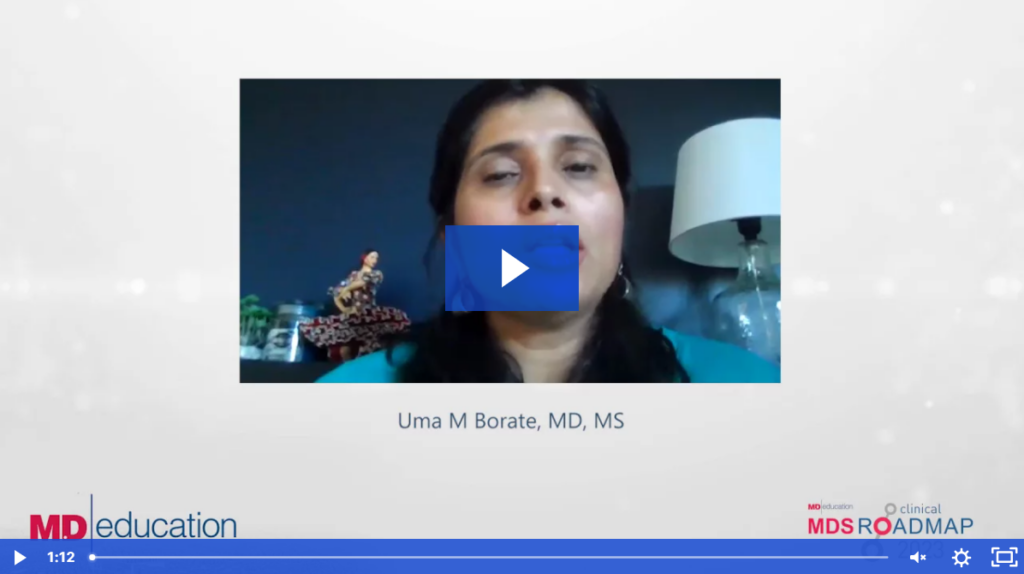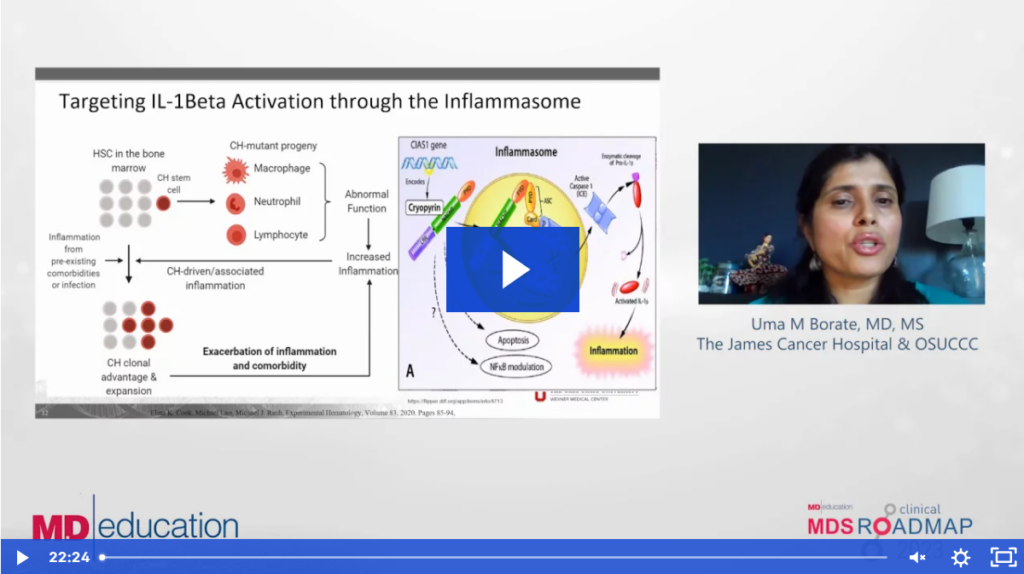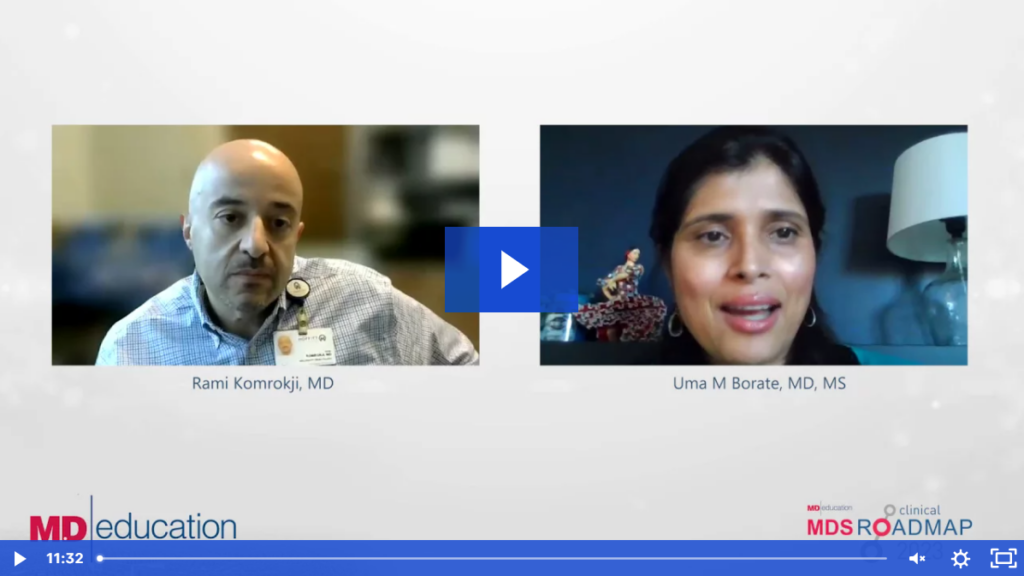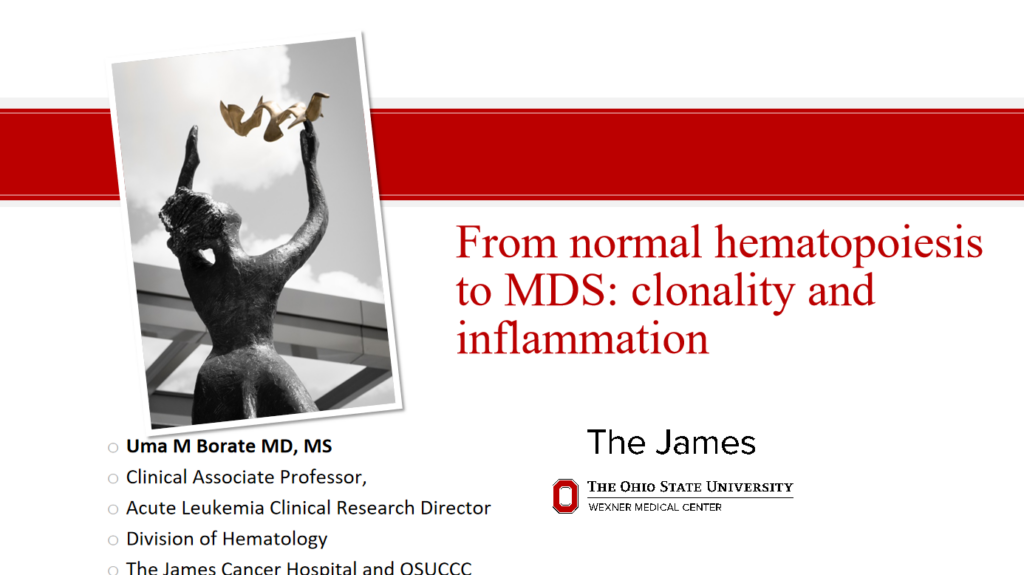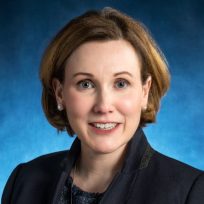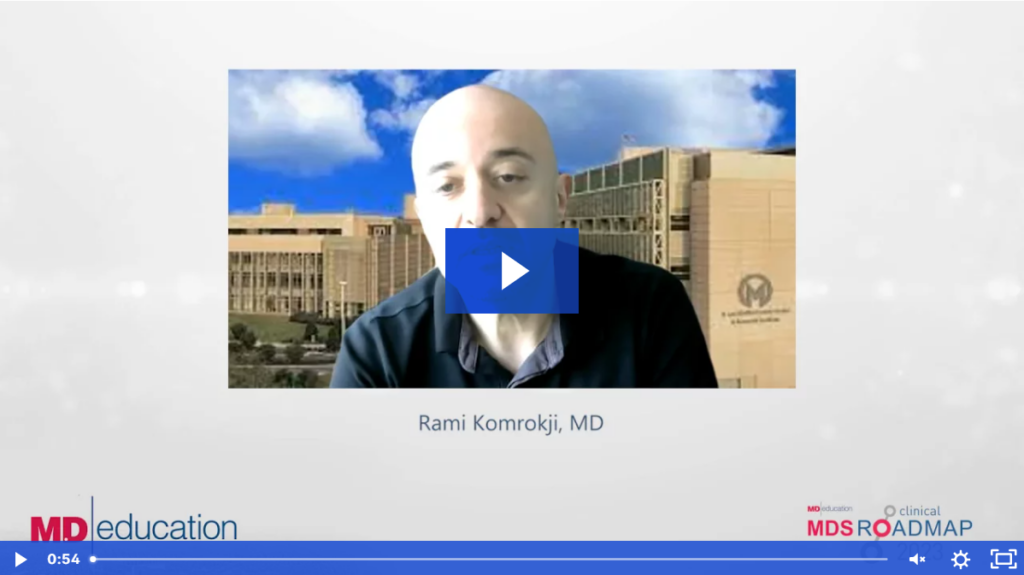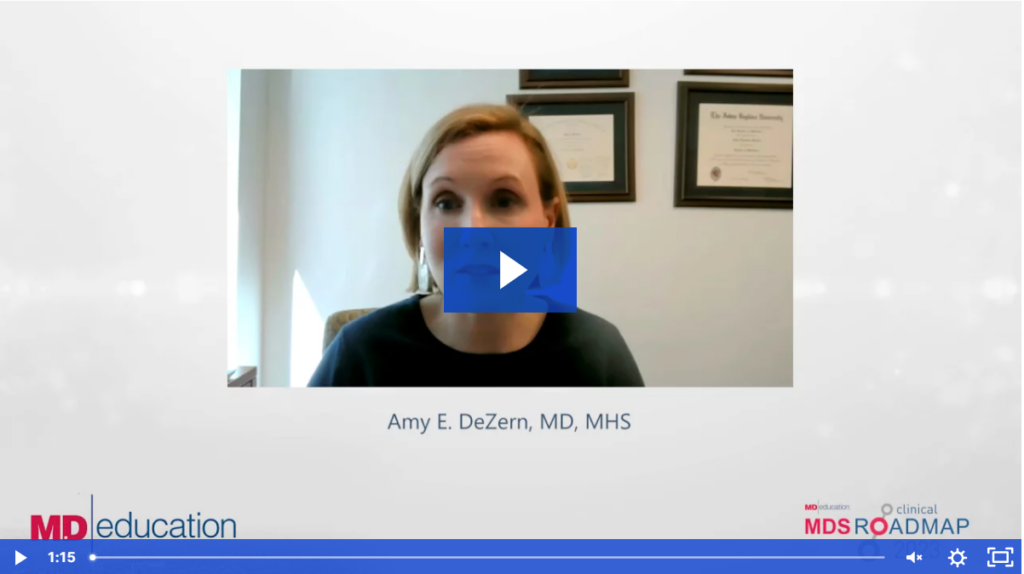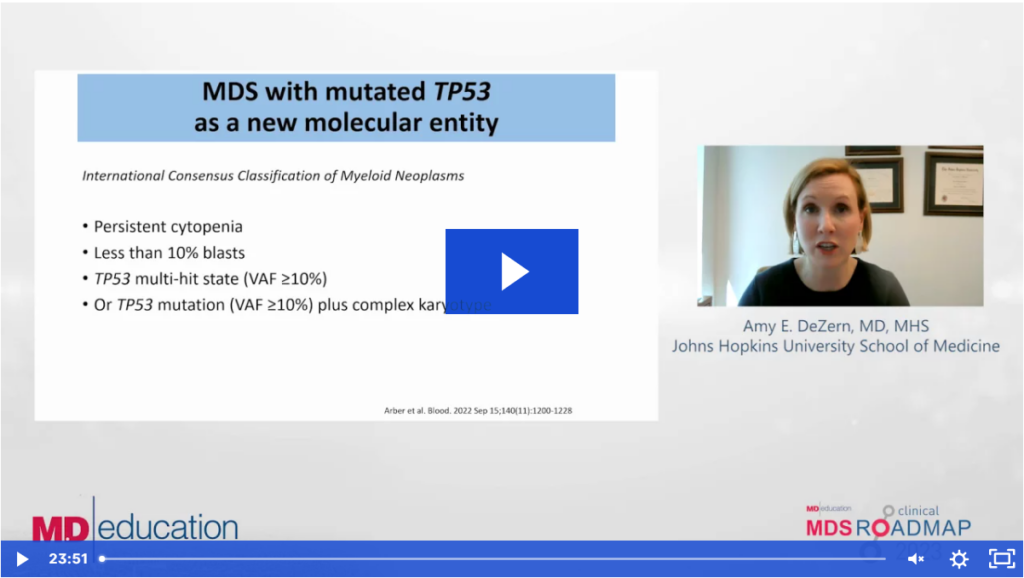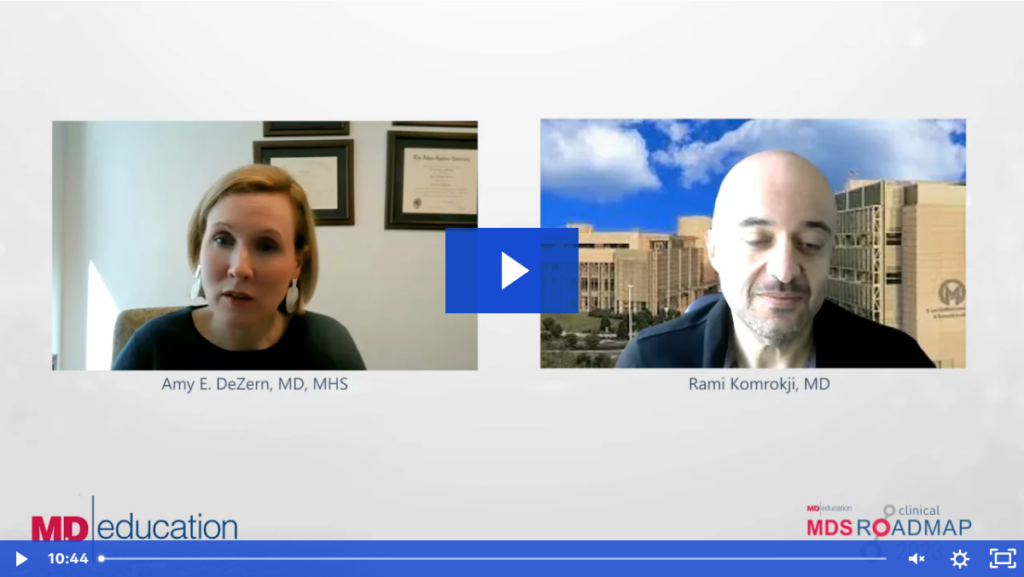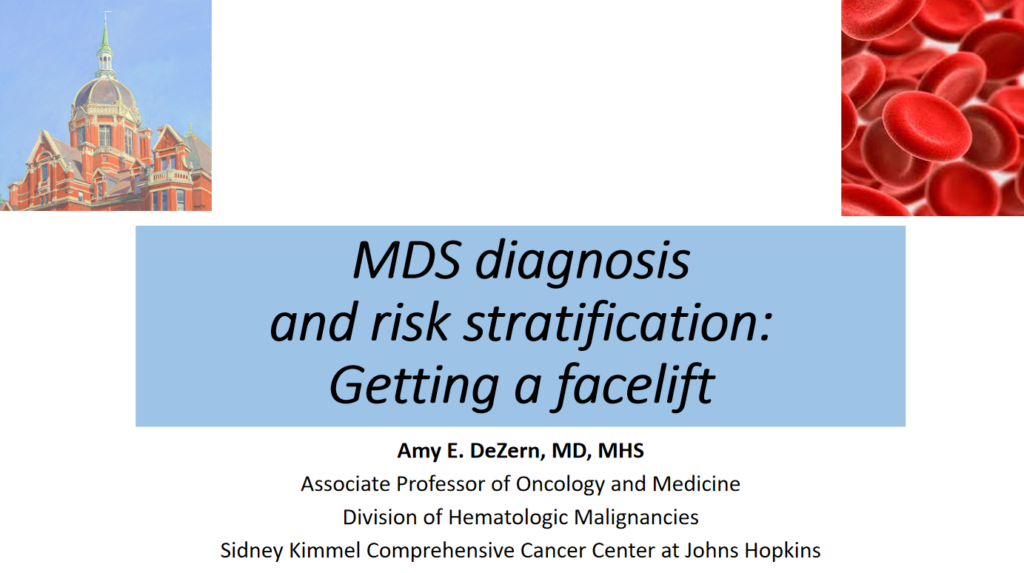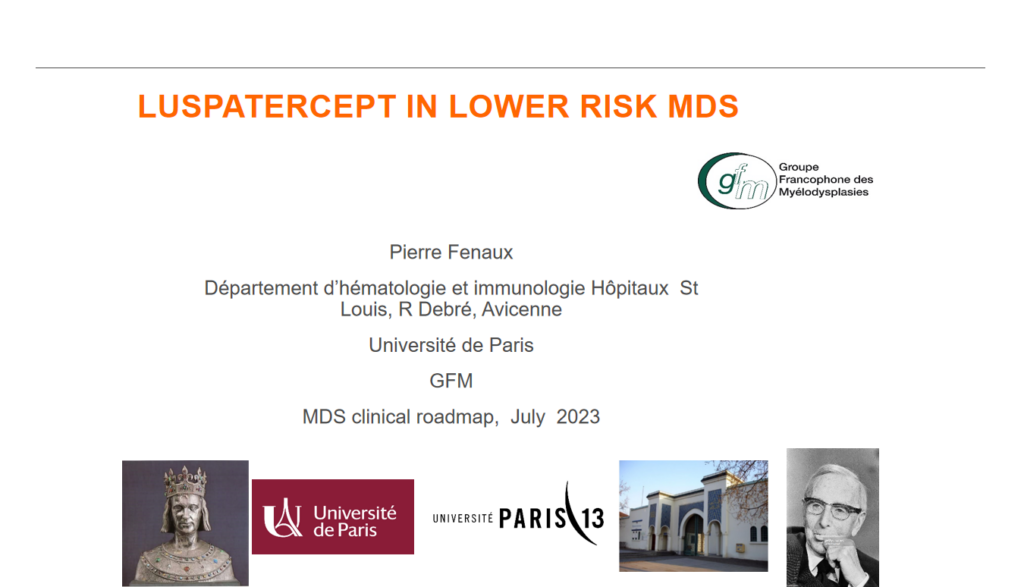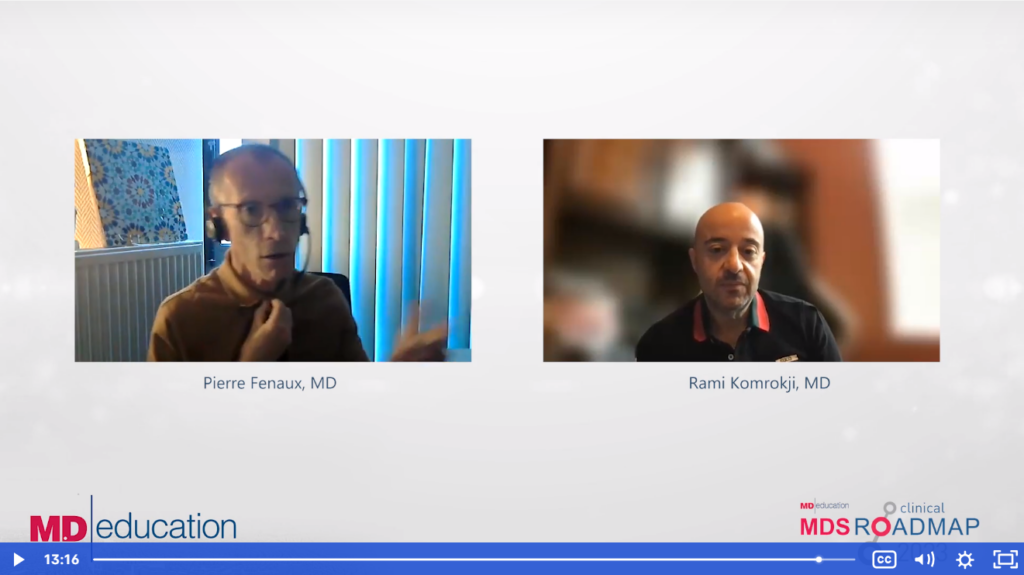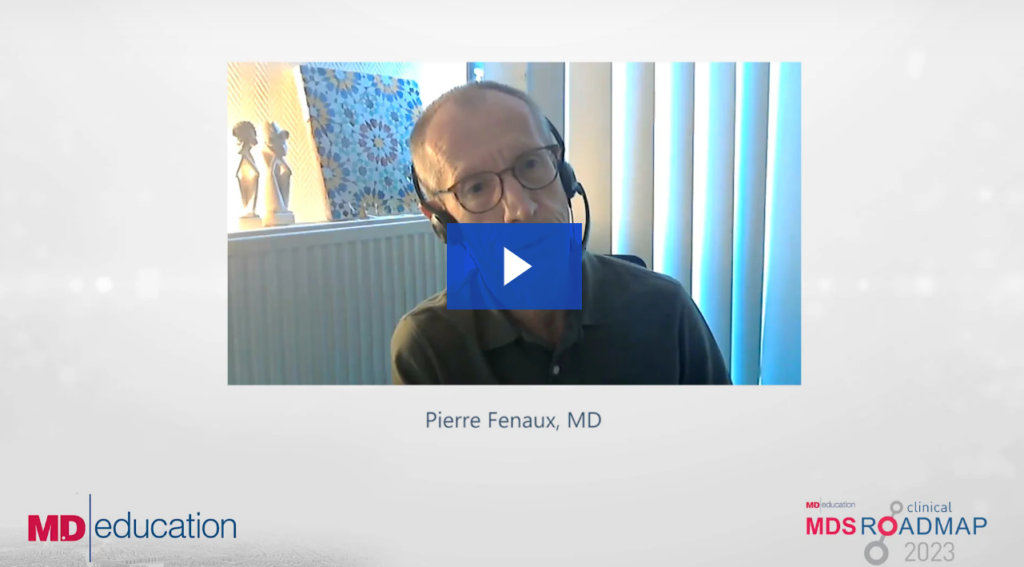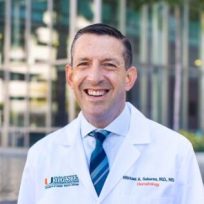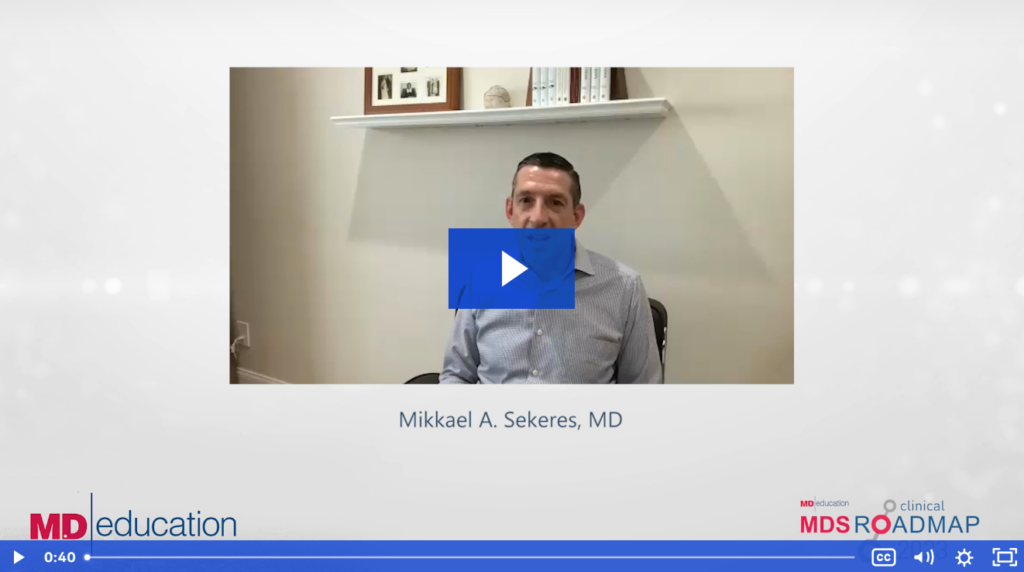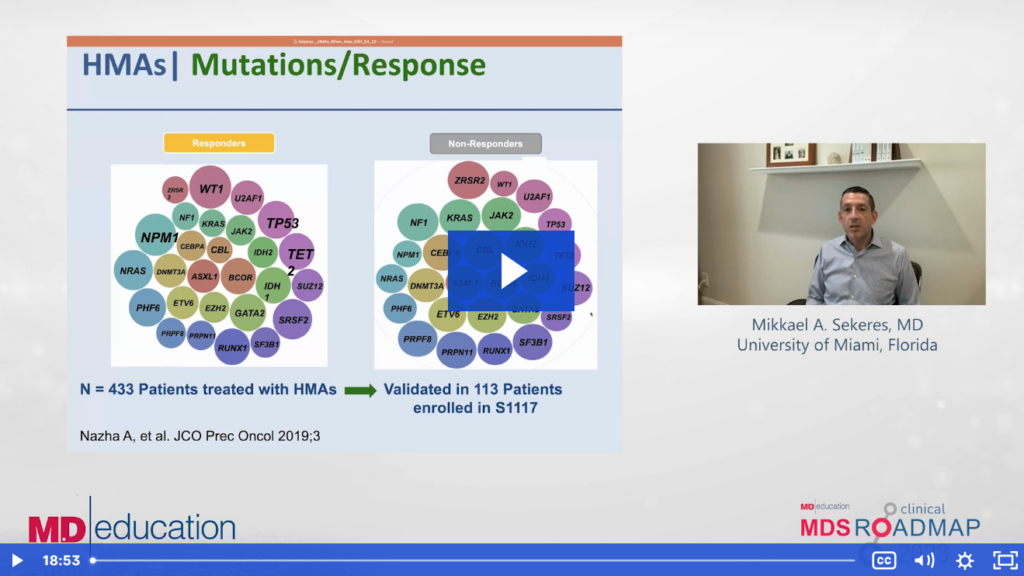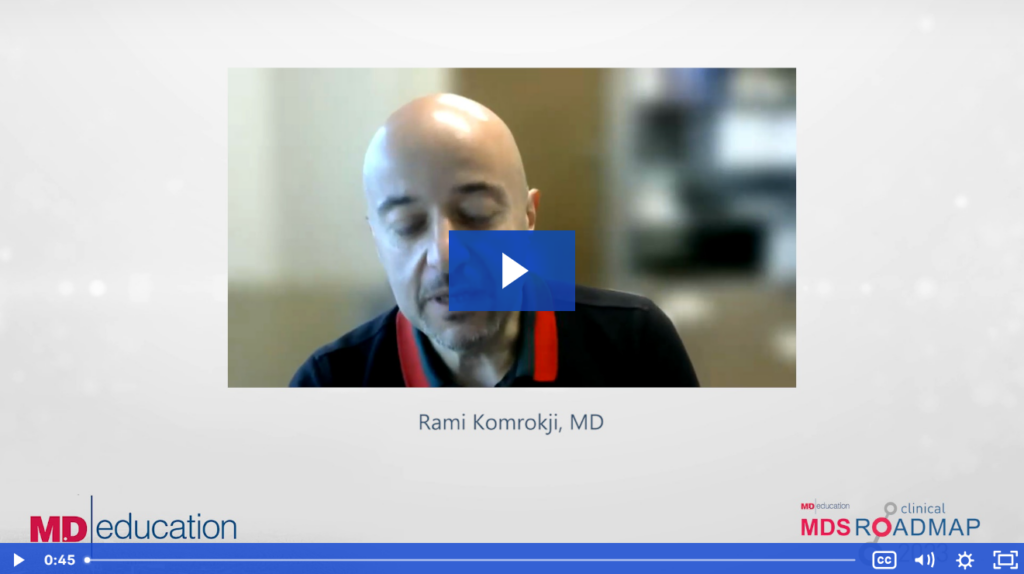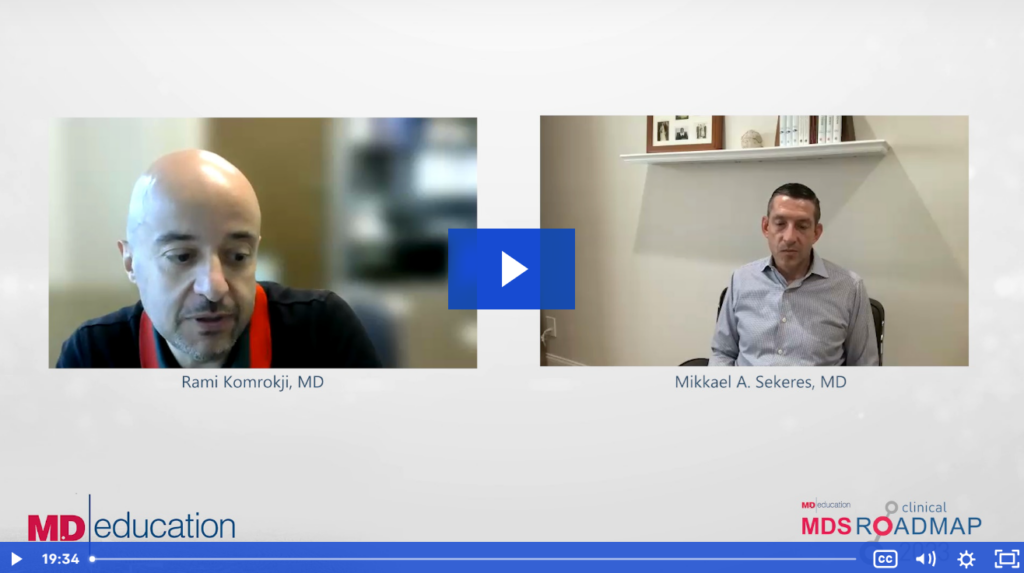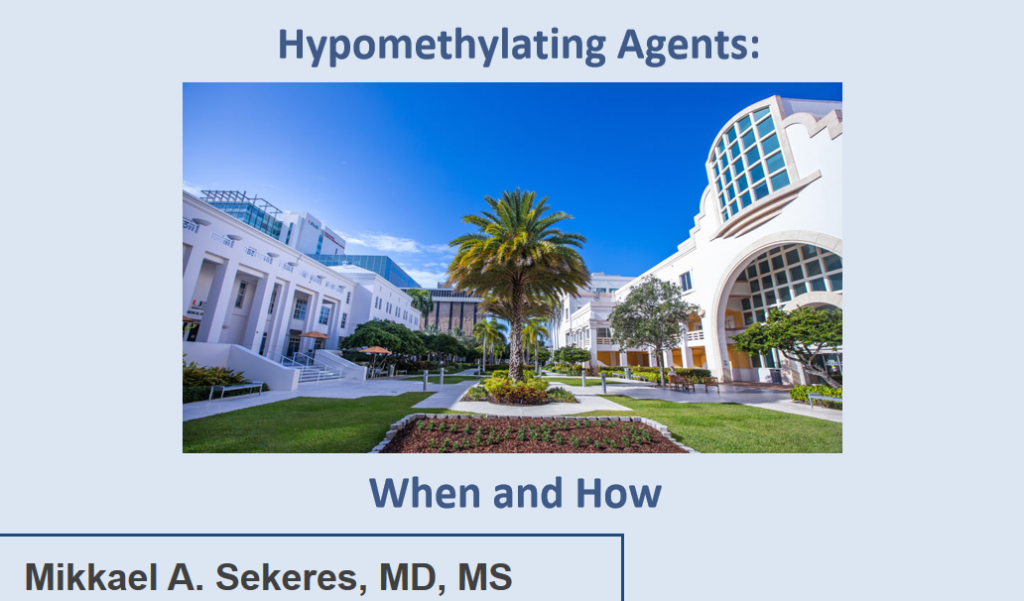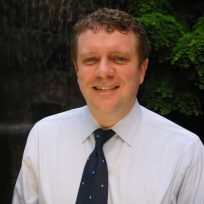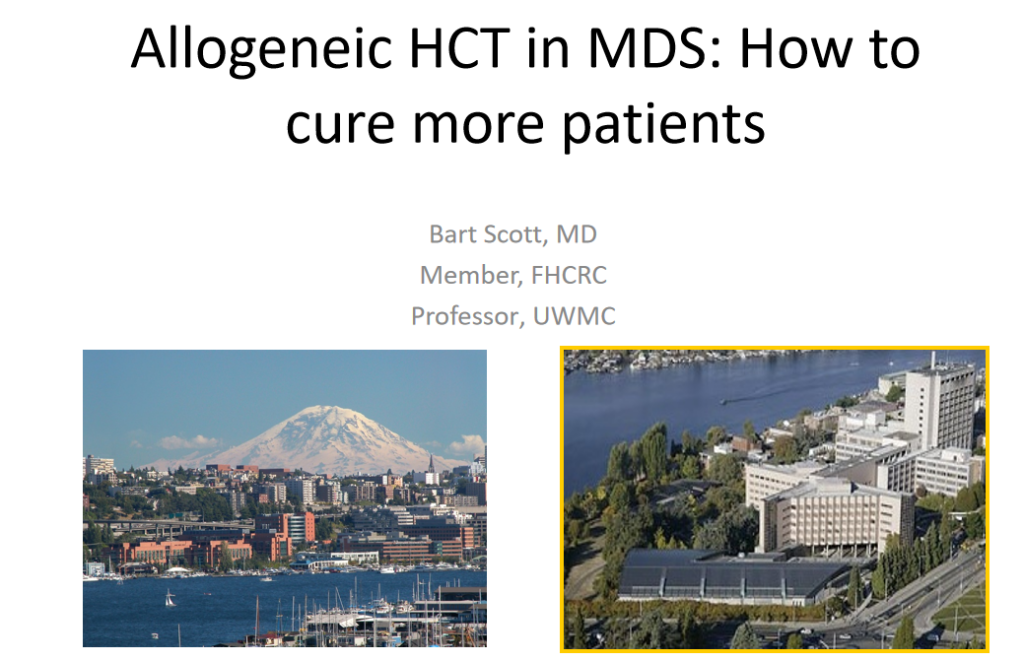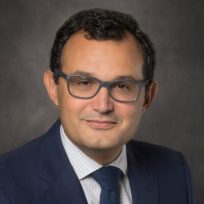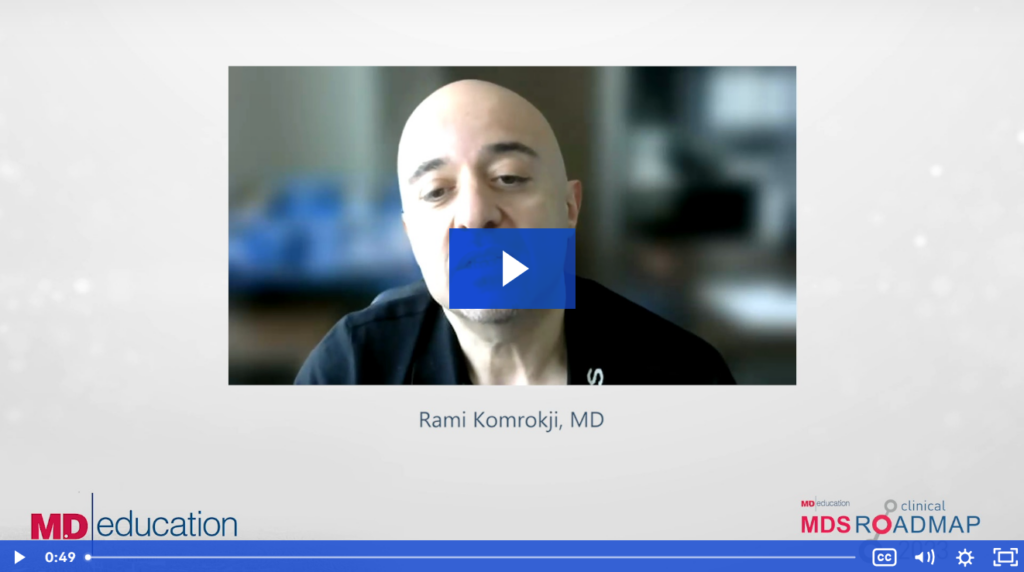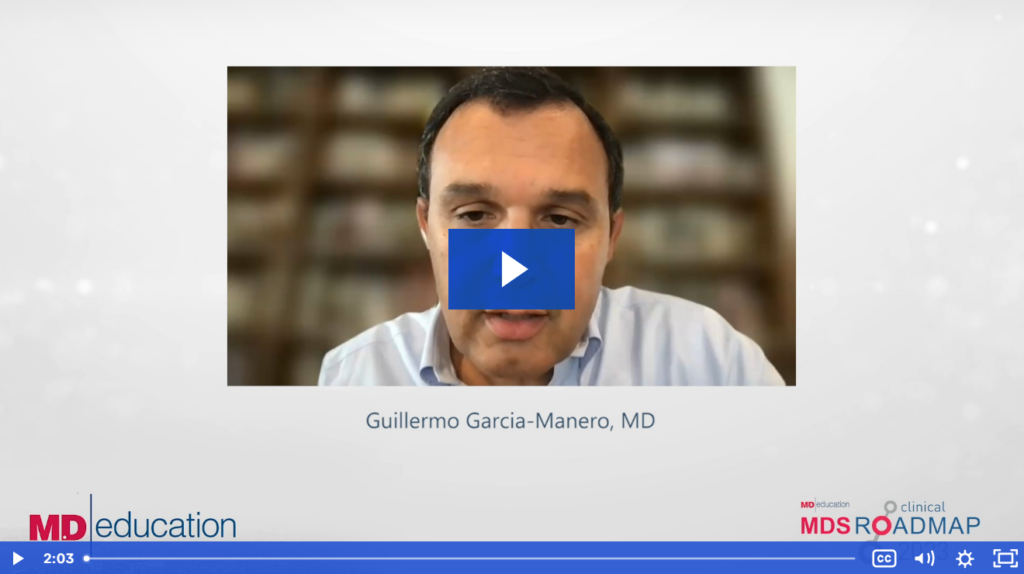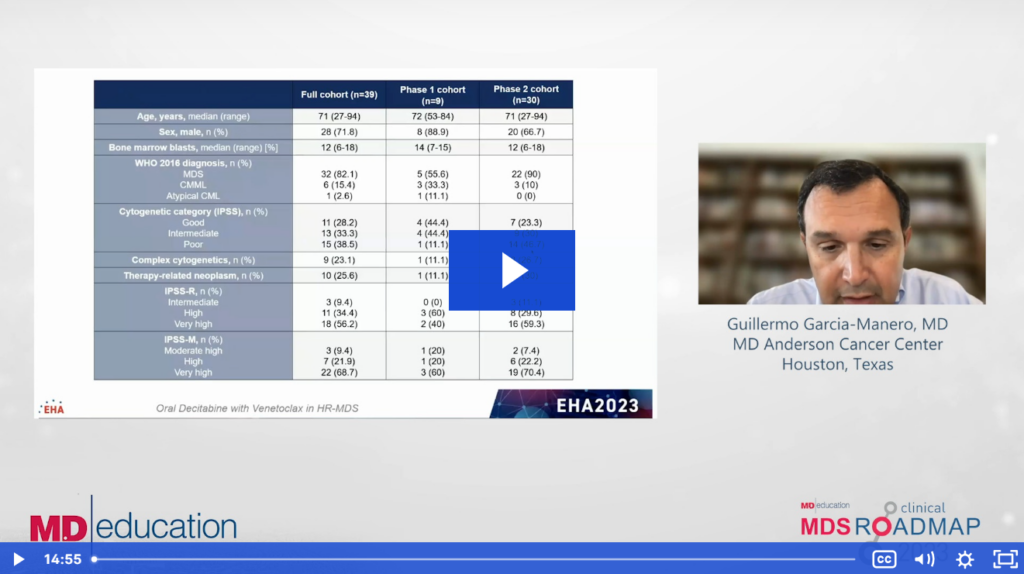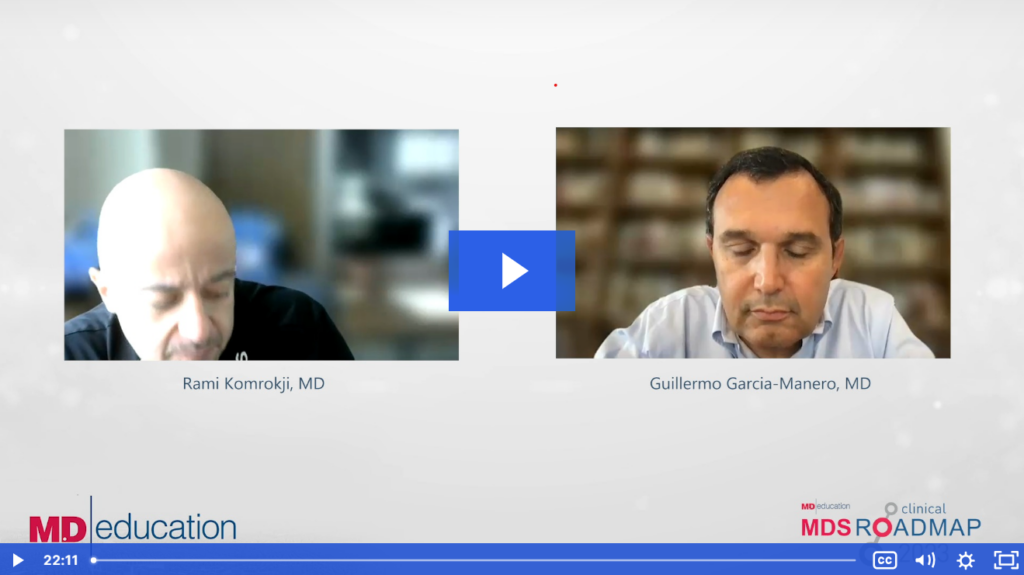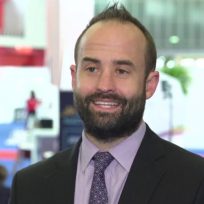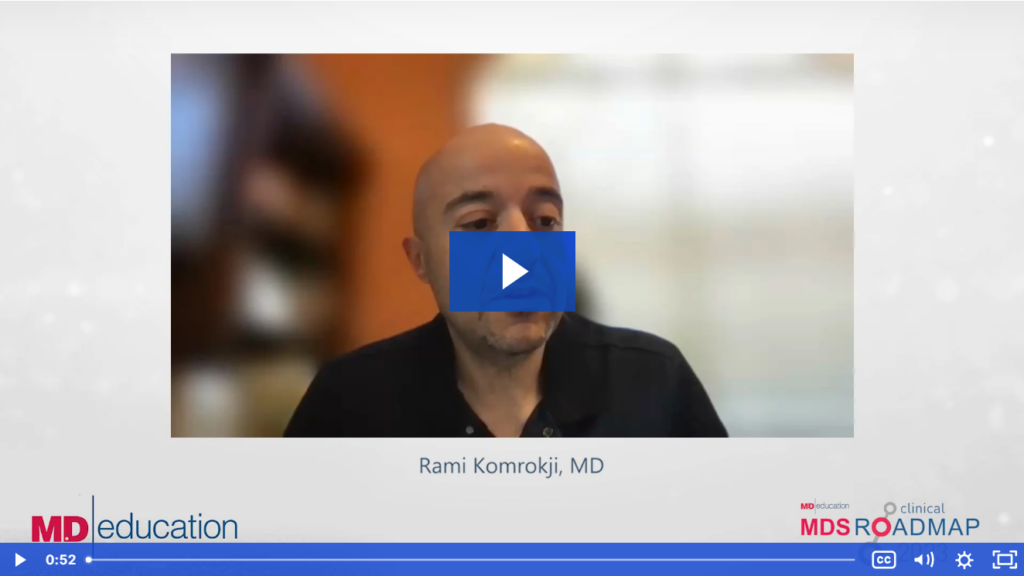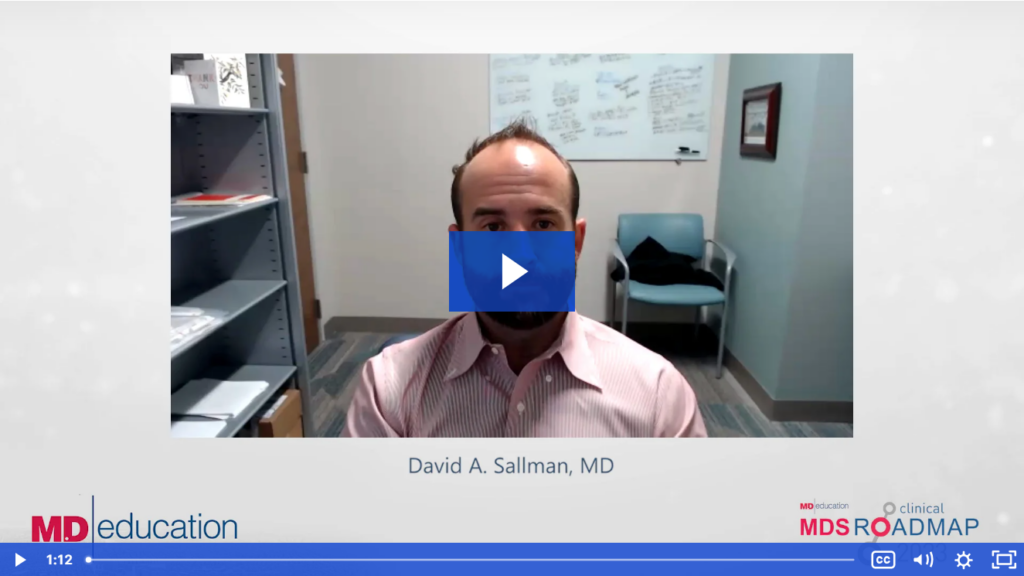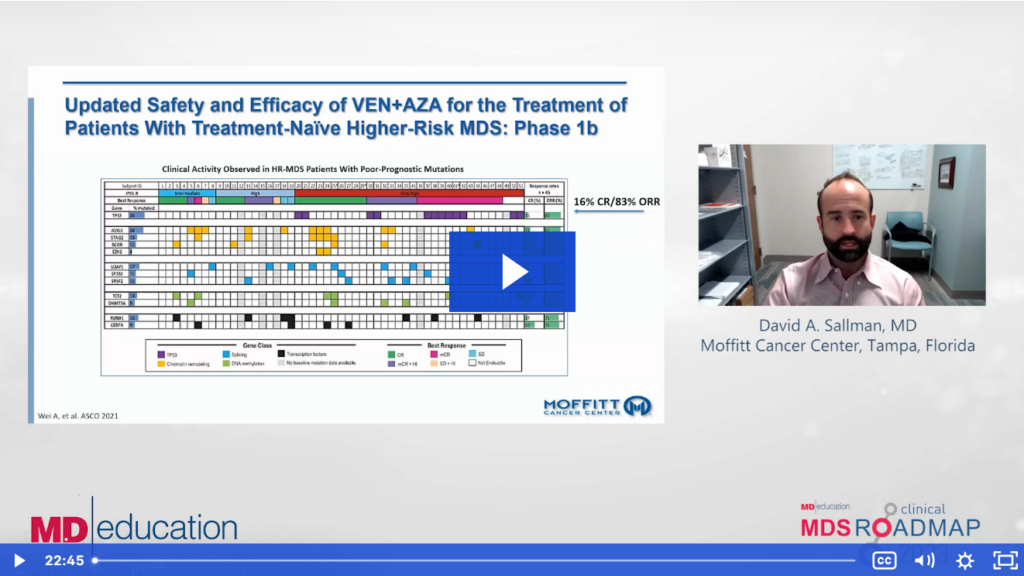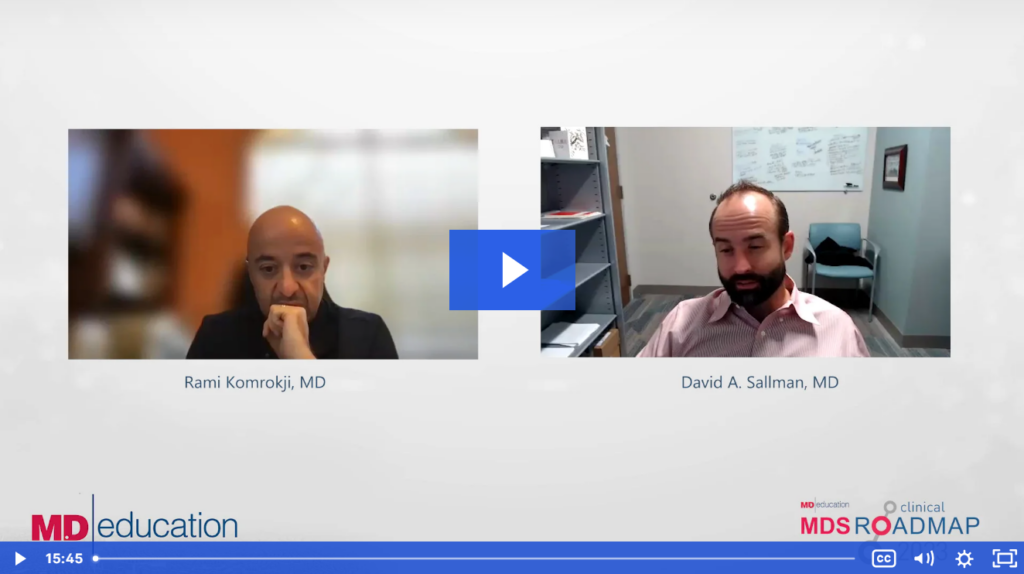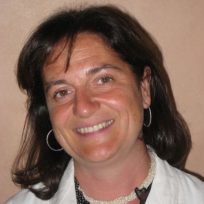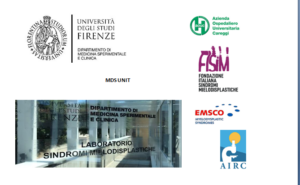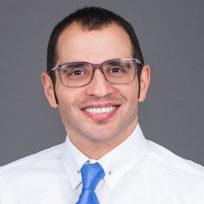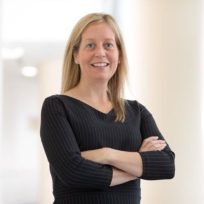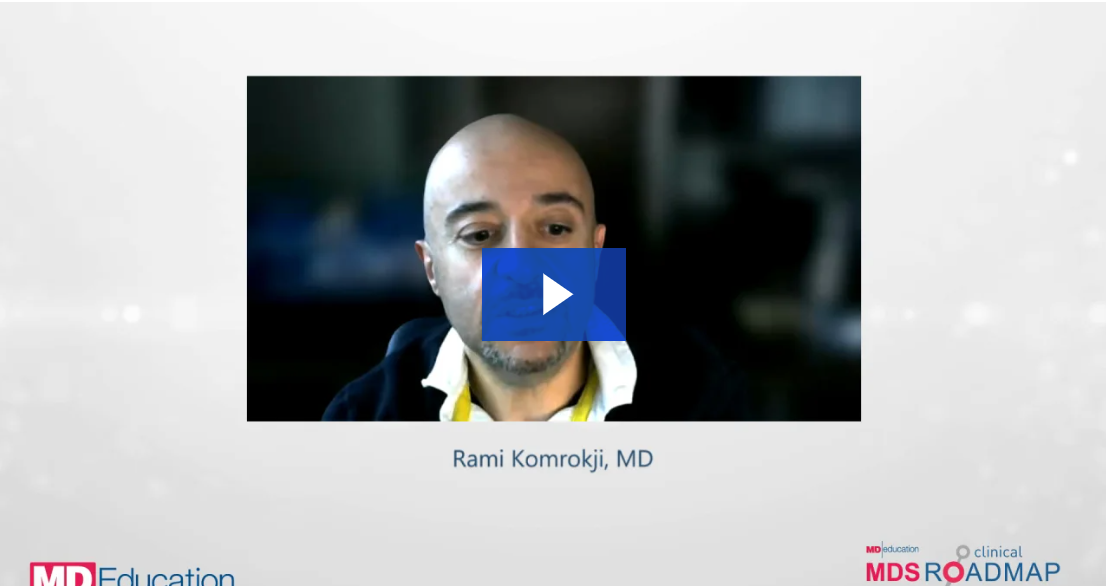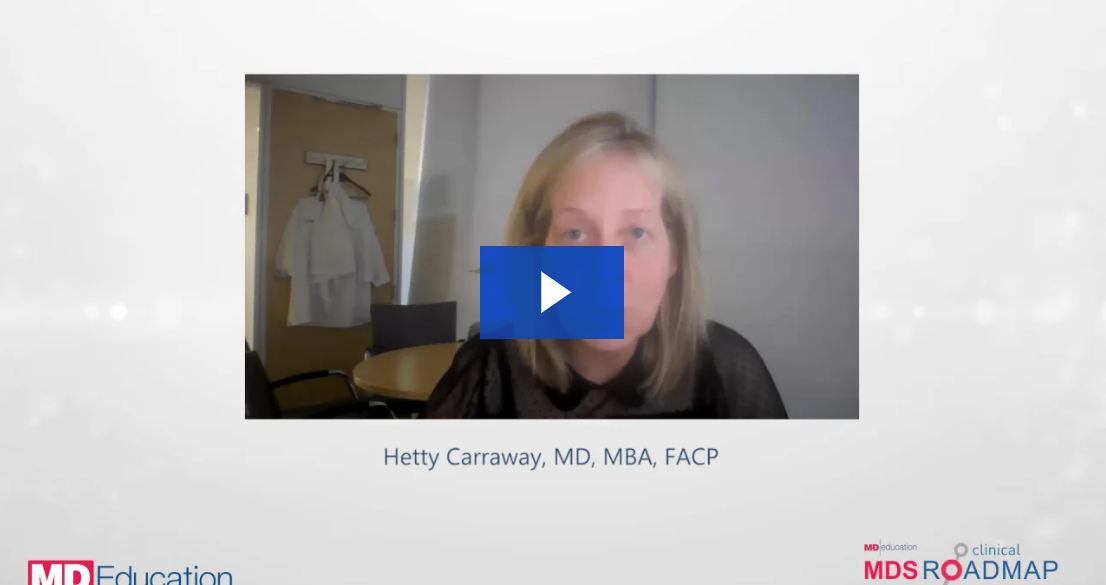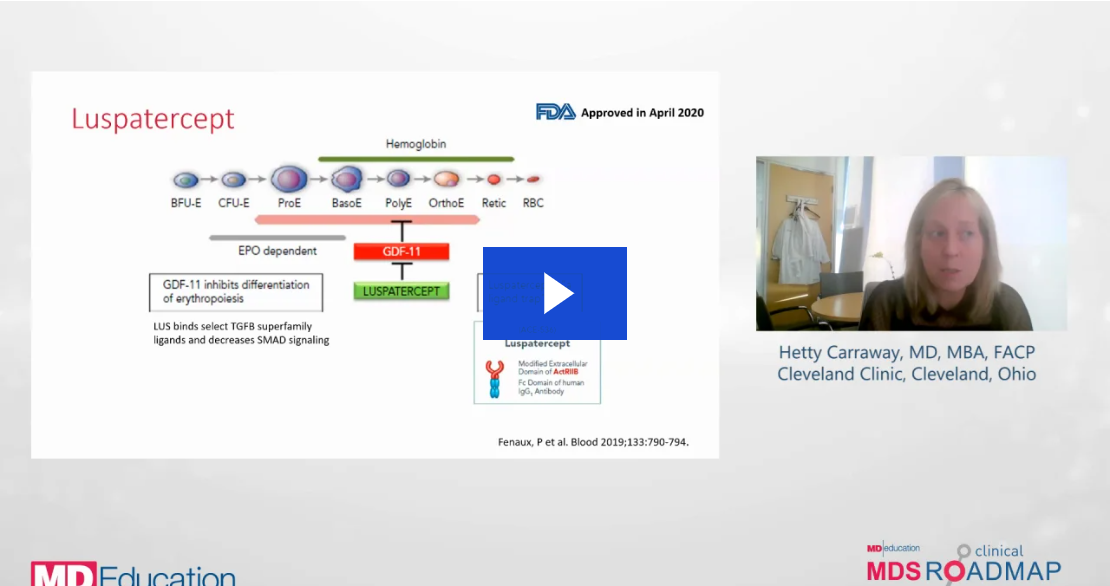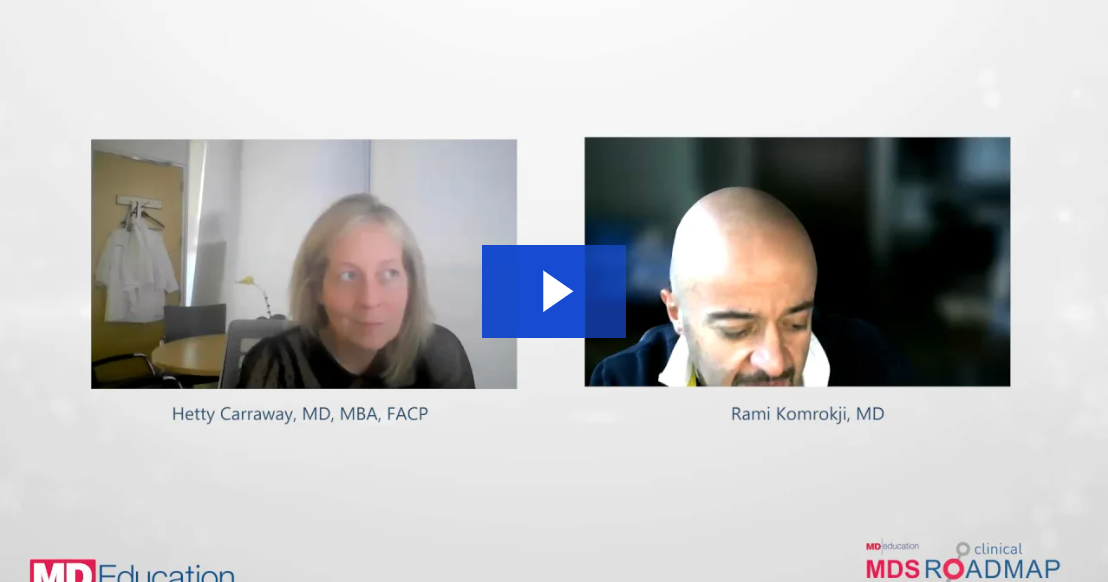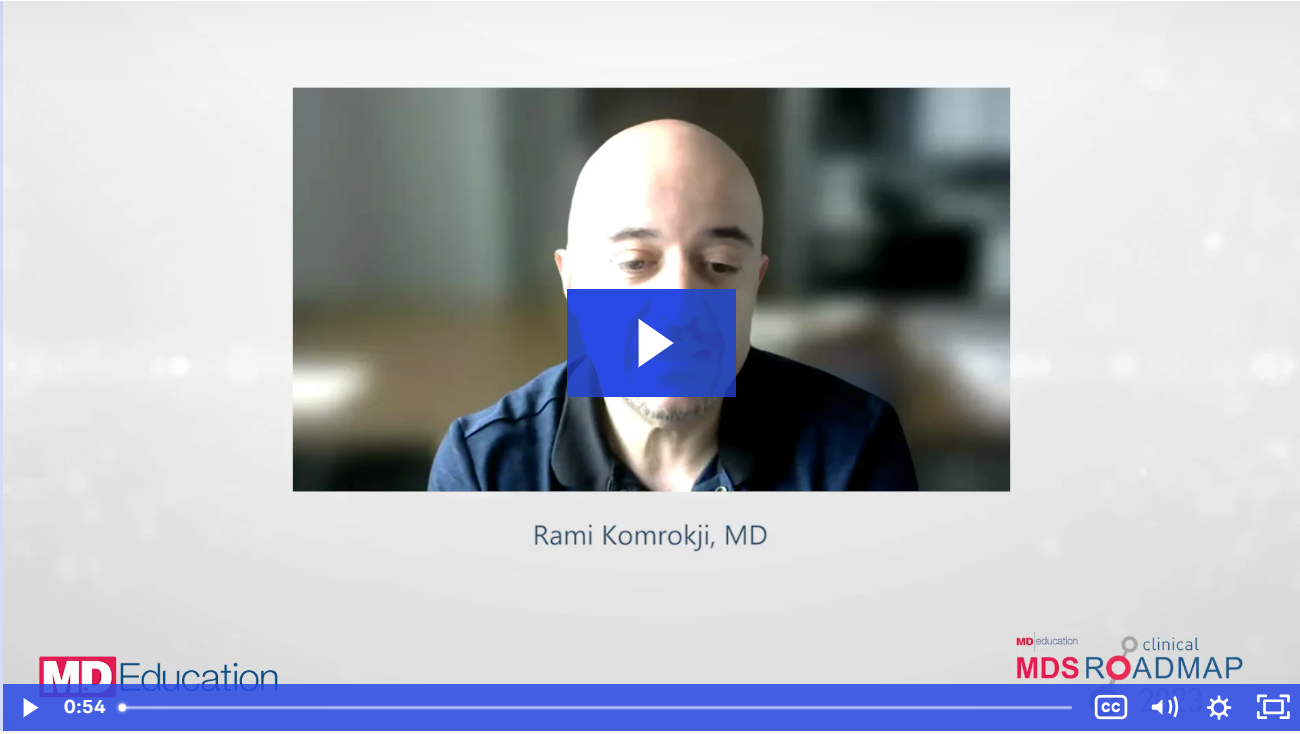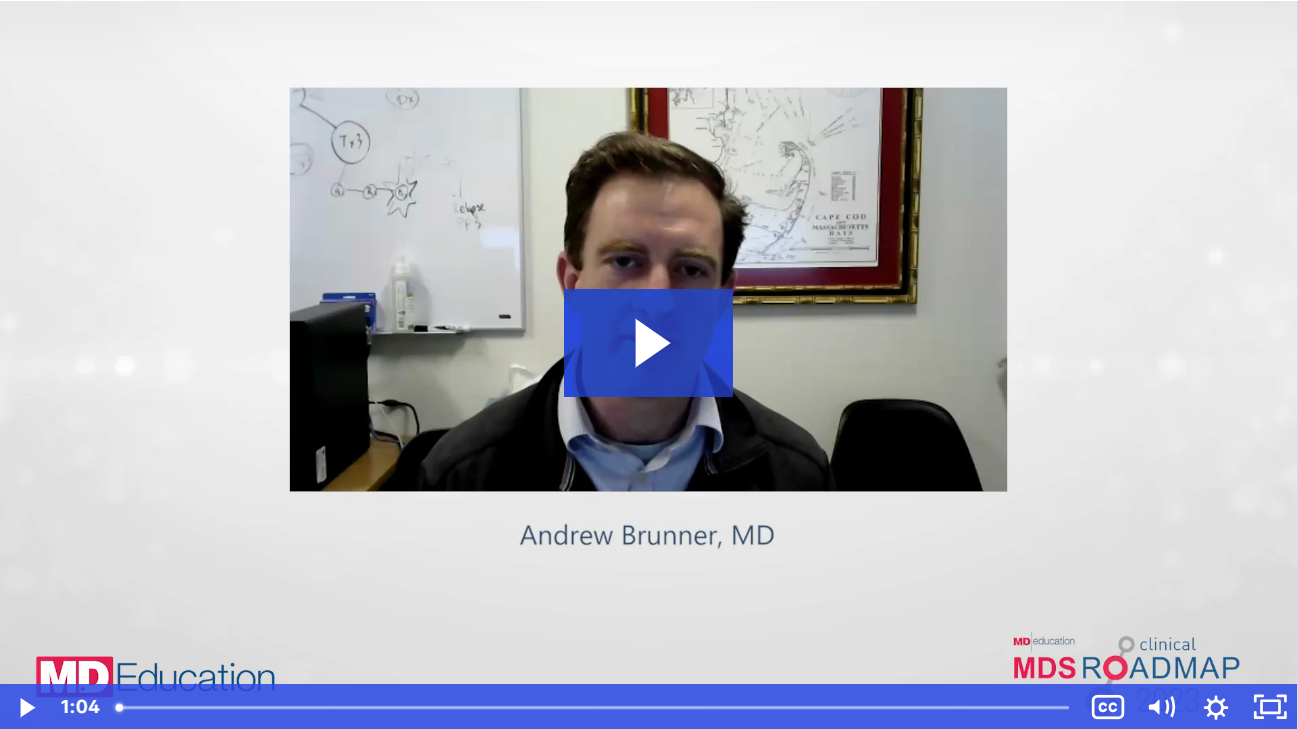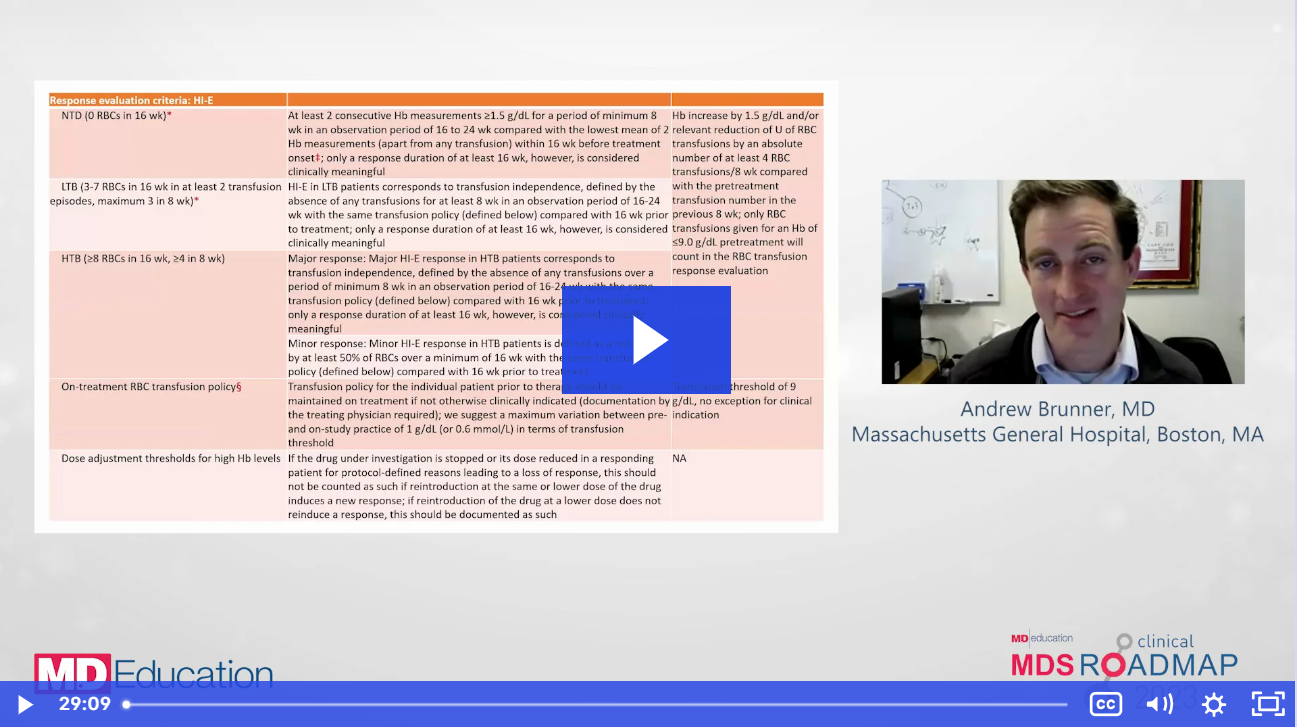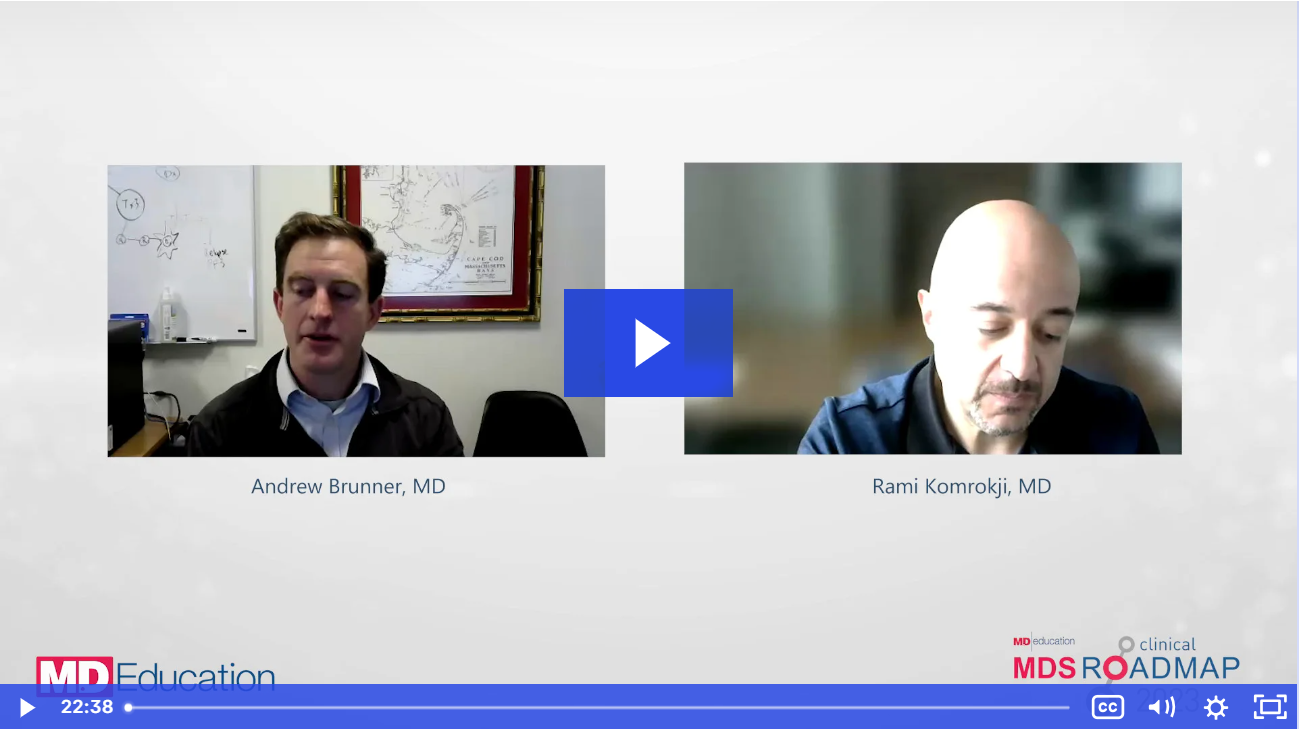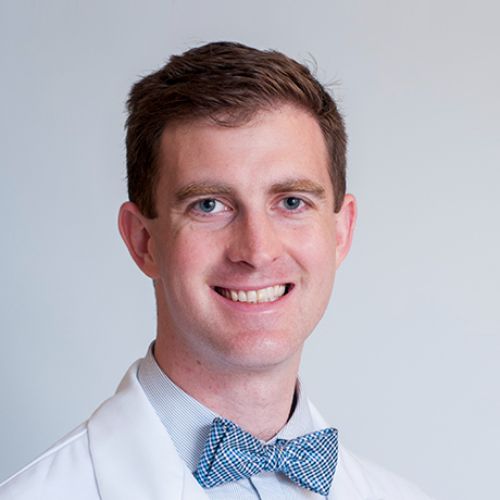MD Education is proud to introduce a new, virtual education initiative for HCPs in MDS: the MDS Clinical Roadmap.
July 2023-2024, Chairperson Dr. Rami Komrokji, MD and a guest clinical expert will dive deep into a trending MDS topic through a 20- minute slide presentation followed by a 10-minute Q&A session. This refreshing, conversation style presentation is both engaging and invigorating, presenting the latest in MDS clinical care.
- 13 leading specialists in MDS
- 13 educational discussions online
- 20-minute presentations with slides followed by a 10-minute Q&A session with one chair and two guest speakers every month
FEBRUARY
From normal hematopoiesis to MDS: clonality and inflammation?
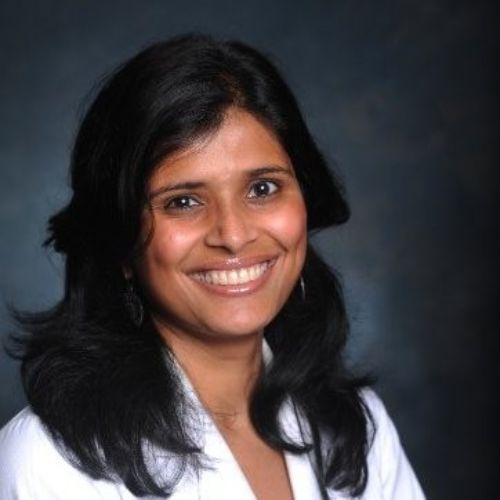
Uma Borate
Ohio State University james Cancer Hospital, Columbus, Ohio, USA
MARCH
MDS Diagnosis and risk stratification: Gettingafacelift
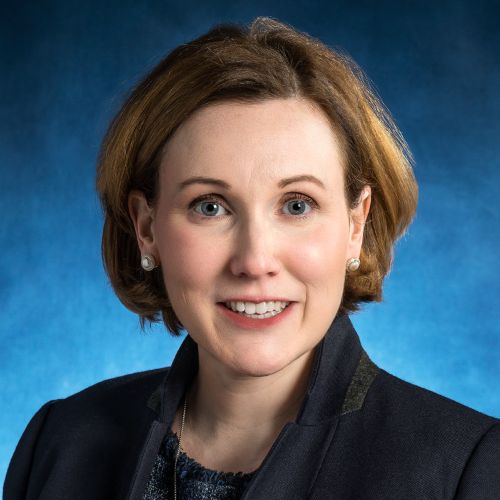
Amy Dezern
Sidney Kimmel Comprehensive Cancer Center, Baltimore, Maryland, USA
MAY
Luspatercept: where to fit the new kid on the block?
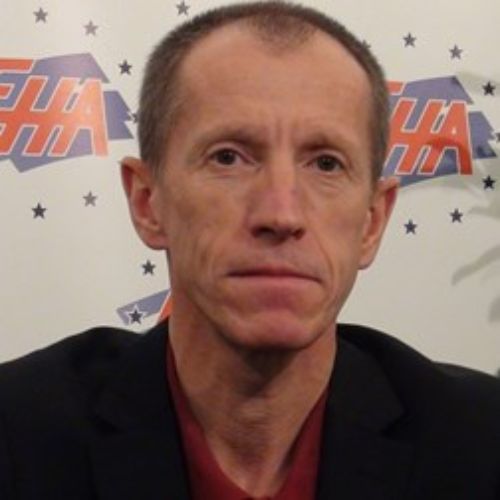
Pierre Fenaux
Hospital Saint Louis, Paris, France
JUNE
HMA: Do we know how and when to use in MDS after 2 decades?
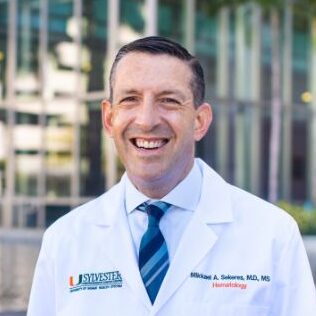
Mikkael Sekeres
University of Miami Miller School of Medicine, Florida, USA
JULY
Allogeneic stem cell transplant: how can we cure more patients?
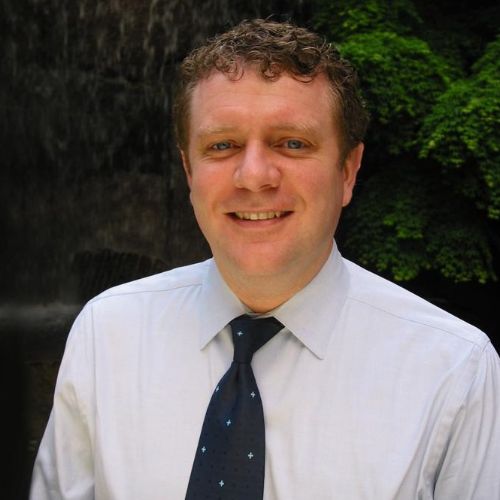
Bart Scott
University of Washington Medical Center, Seattle, Washington, USA
AUGUST
Role ofvenetoclax in MDS: Playing out of the box?
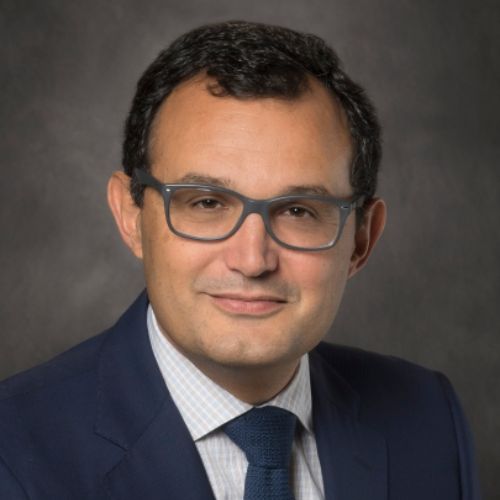
Guillermo Garcia- Manero
MD Anderson Cancer Center, Houston, Texas, USA
SEPTEMBER
Novel agents for higher risk MDS: be on the look?
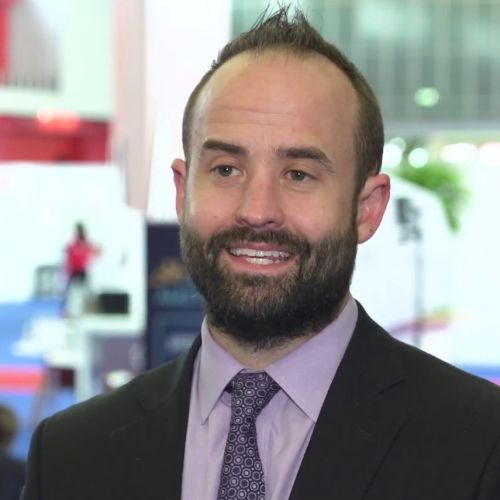
David Sallman
Moffitt Cancer Center, Tampa, Florida, USA
OCTOBER
Managing isolated neutropenia and thrombocytopenia in Lower risk MDS
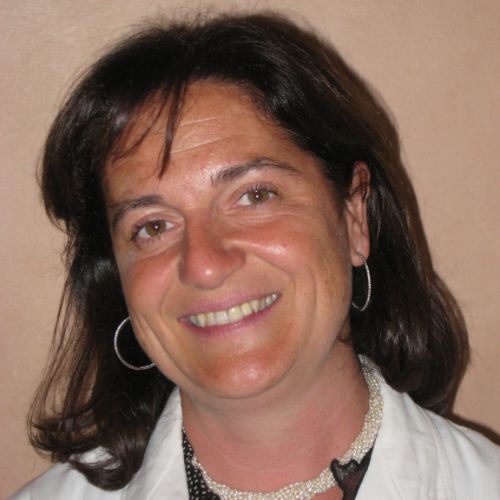
Valeria Santini
University of Florence, Italy
NOVEMBER
Immunosuppressive therapy in MDS
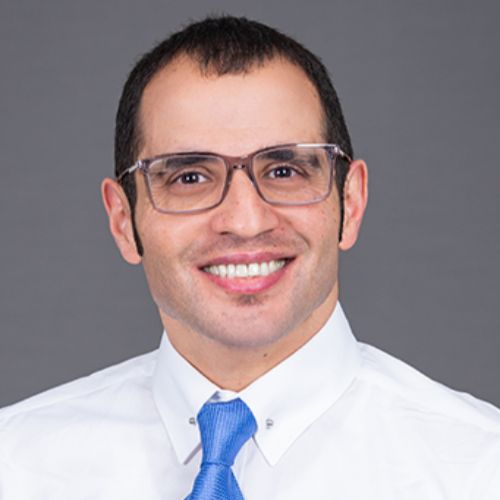
Yazan Migdady
Oregon Health & Science University, Portland, Oregon, USA
January 2024
Response to treatment in MDS: how to assess benefit in clinical trials and practice
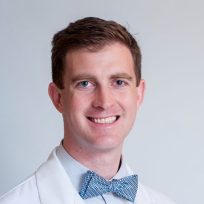
Andrew Brunner
Massachusetts General Hospital, Boston, USA
FEBRUARY 2024
Entering the Era of molecular inspired MDS risk stratification: who are the contenders?
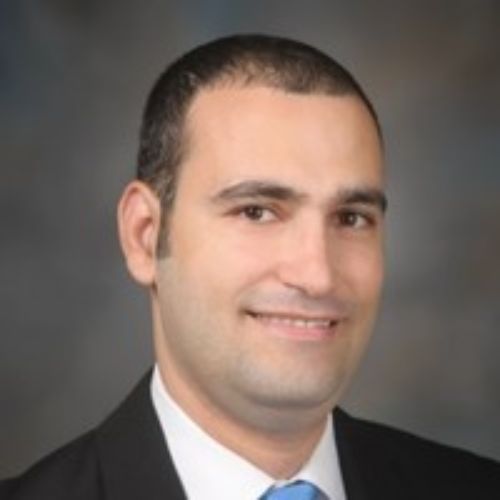
Aziz Nazha
Amazon Web Services, Westlake, Ohio, USA
